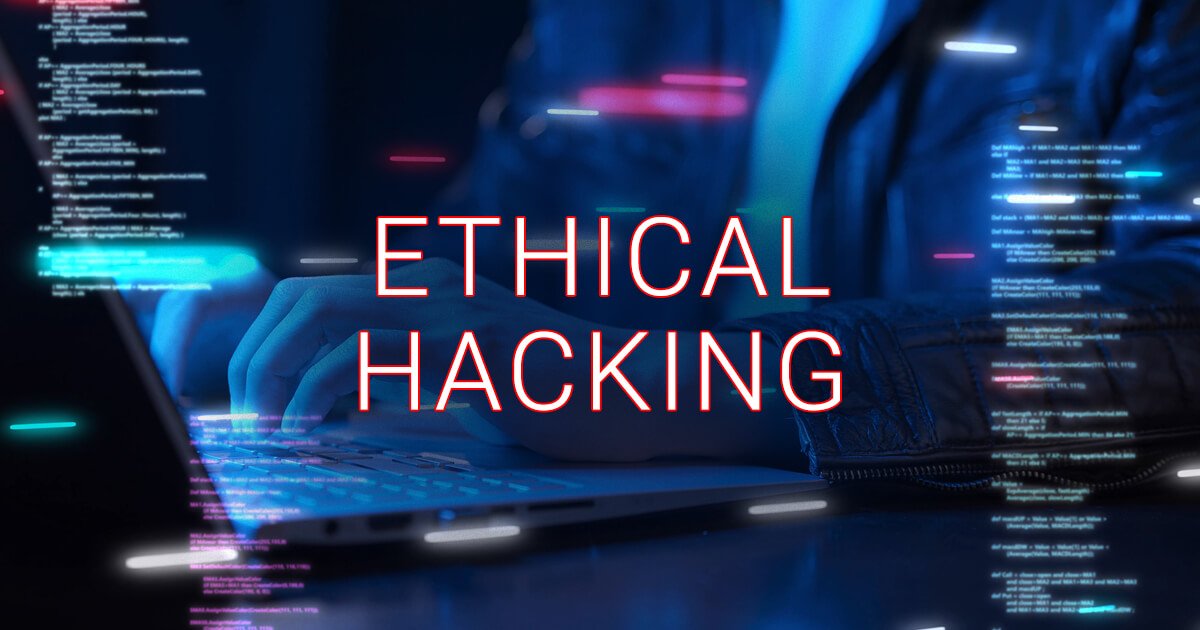Subtotal $0.00
 Ethical Hacking
Ethical Hackingethical hacking are closely related fields in cybersecurity, each focusing on different aspects of securing digital communication and data. In the world of ethical hacking, understanding network basics and popular protocols is essential. A hacker’s success often depends on their ability to navigate and exploit network vulnerabilities. In this Medium post, we’ll dive into some fundamental concepts every ethical hacker should be familiar with, including IPv4, IPv6, NAT, and ARP.

Network mapping A popular tool for ethical hacking is Nmap, which helps discover free networks and is useful for network administrators. Data packet analysis

A skill that involves using the programming language SQL to communicate with databases. SQL injection can help bypass weak login algorithms and delete data from databases

Writing code refers to the process of creating instructions that a computer can execute. These instructions are written in a programming language, such as Python, Java, or C++, and are used to build software applications, scripts, or systems.

Data packet analysis Wireshark is a free tool that helps analyze data packets and inspect network protocols. Users can download their analysis reports in any format and save them for later.


